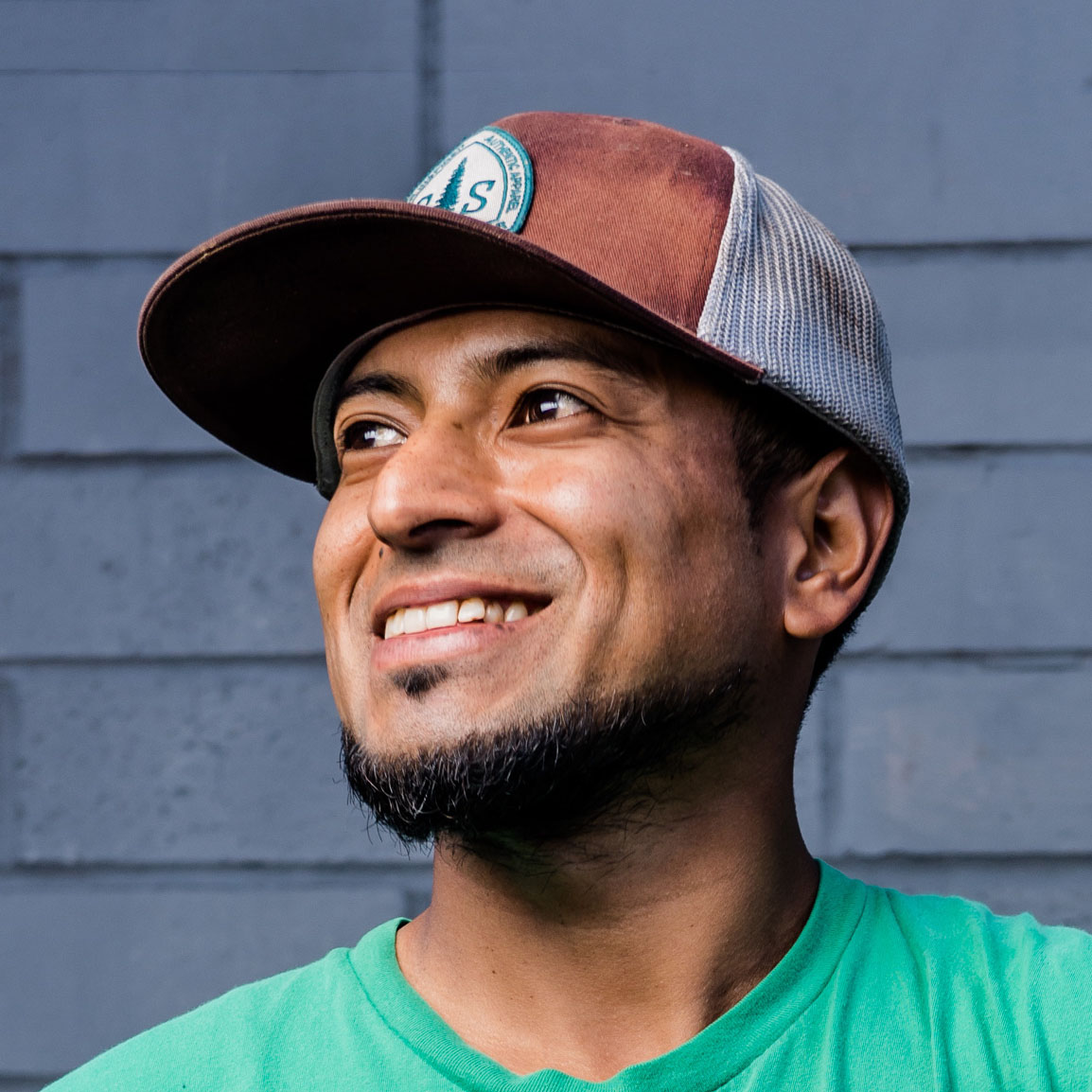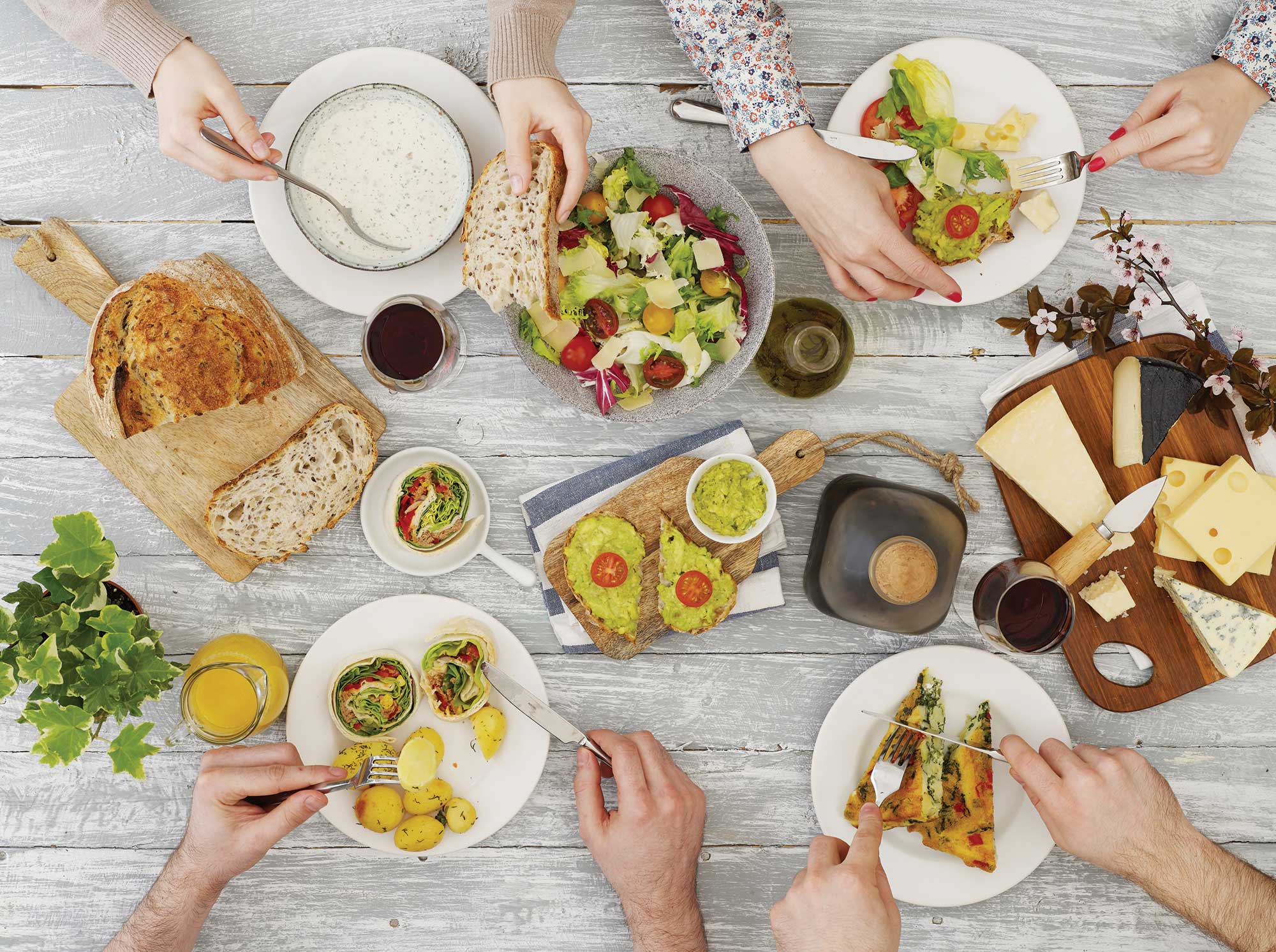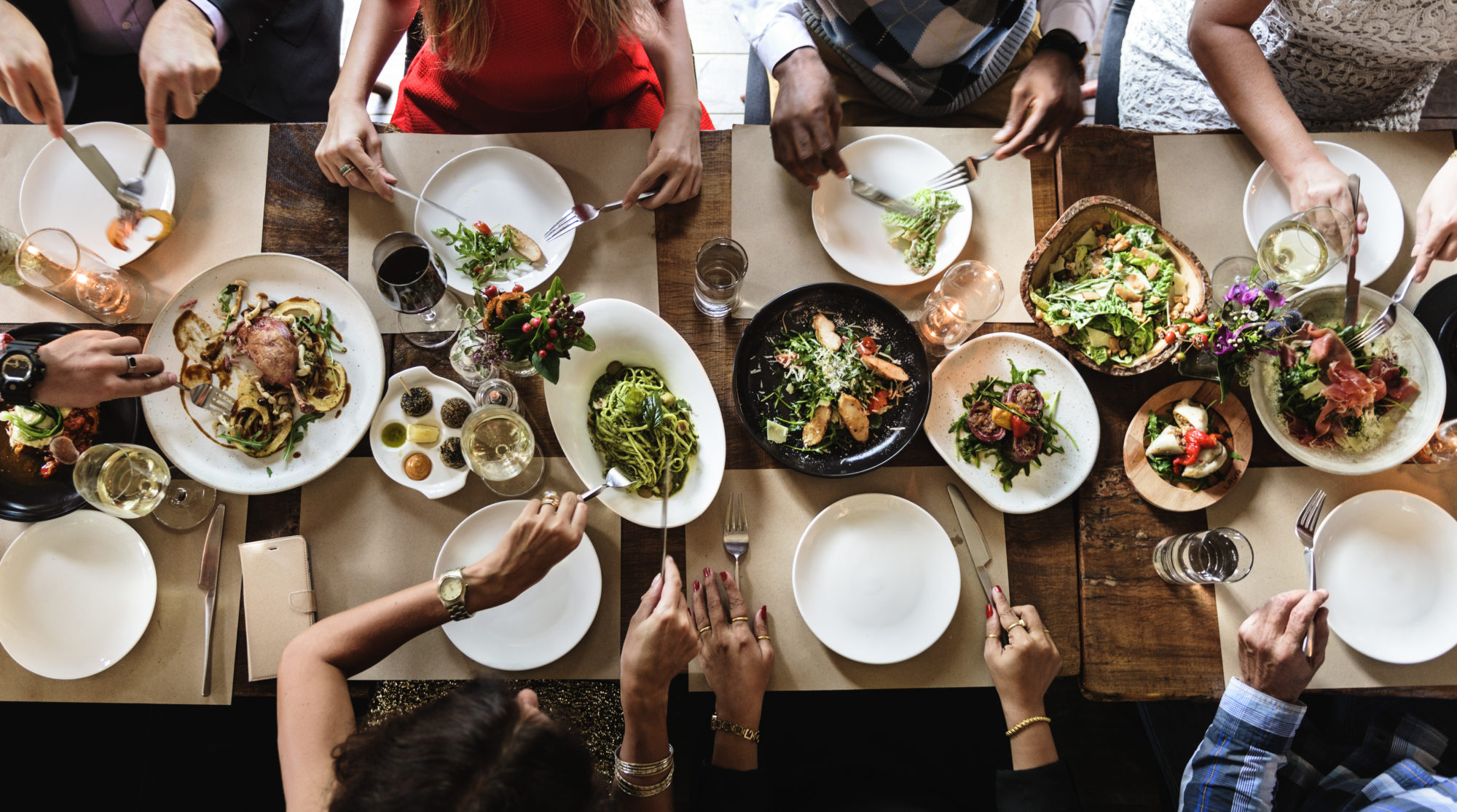
Eduardo Rivera
Farmer/Owner operator
Organization: Sin Fronteras Farm and Food
Location: Minneapolis, MN
Social Media: @sinfronterasfarm
Current work in response to COVID-19: Eduardo Rivera is providing free produce to elders and single parents, growing more robustly to feed those most in need, while mentoring and supporting the next generation of Latinx farmers through his farmers incubation program in the Midwest.
I’m excited to be a Castanea Fellow because… the program is centered around people of color working in the food system.
What is the challenge your work addresses?
I’m trying to accomplish a couple of things: reduce barriers for farmers of color and increase access to food in my community. There are stark differences between what farmers of color have to go through to acquire land and access the right tools to do the job we want to be doing, and what other groups already have access to. There are more paths to success for other farmers. Over 50% of those working in the U.S. food system are Latino. That’s something I consider in the ways I farm. The second part is how our food is not accessible to our own community.
What strategies are you using to address the challenge?
I’m on the board of the National Young Farmers Coalition. Through my connection with that organization and the process of being a farmer for the last six years, I’ve seen firsthand the lack of farmers of color. I hope that through this Fellowship, I can figure out how to build an incubator program for young people of color. With tuition being so high these days, college is not for everyone. Young people need other options. There are a couple of organizations that offer farming program for youth of color, but there are fewer resources beyond that for people who want to pursue farming as a career. Another thing I’ll be looking at is how farmers and others can acquire the skills they need to create value-added products. Farmers know how to produce food well, but often lack access to programs to learn additional skills about business, so they can actually make a living.
What does success look like to you?
Progress happens every day. I hope to pay off the farmland, and to have a successful business model and sufficient systems in place to do my work properly. Working and building relationships and networks with other organizations across the country who are doing this kind of work will be important. There are many organizations in the Midwest –where my farm is – doing good work, but I’d like to encourage them to include more people of color in their programs, involving us in the processes they have and building connections with a broader group of people. Success would also be creating a network of people who have the business aspects of farming figured out, so that we can share that knowledge with others. There are lots of people ready to do the work, but they need a little bit of guidance and a path to acquire land, equipment and other kinds of capacities that will help them become a successful business owner.


